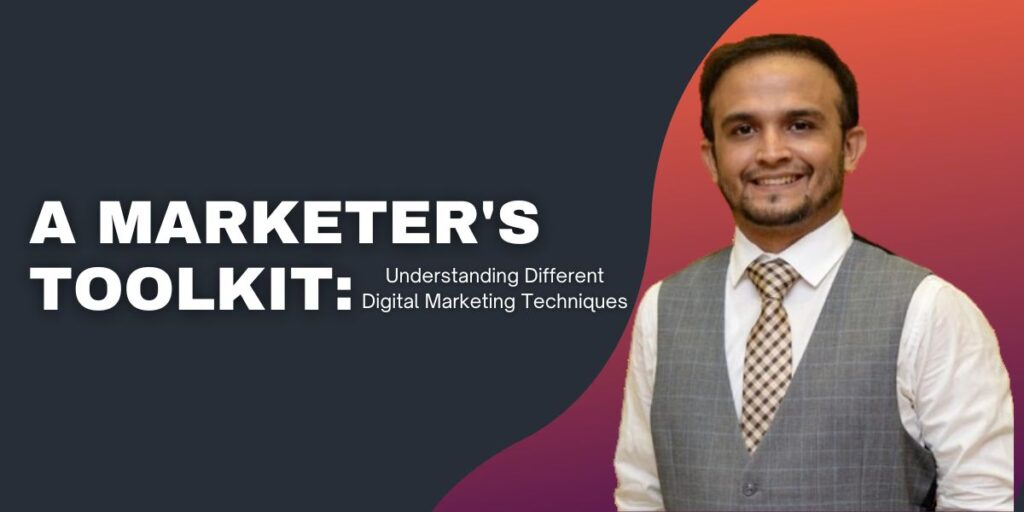In today’s connected world, marketing has evolved from conventional billboard campaigns to cutting-edge online tactics that engage audiences worldwide. Understanding the variety of digital marketing strategies is essential for businesses and marketers striving to create impactful initiatives. This article examines different types of digital marketing, their importance, and how they can be used effectively.
1. Search Engine Optimization (SEO)
SEO serves as the foundation of digital marketing. It focuses on enhancing a website’s prominence on search engine results pages (SERPs). By refining content, incorporating relevant keywords, and improving website architecture, companies can attract organic traffic. SEO is a long-term approach that builds trust and fosters sustainable growth.
Core Aspects of SEO:
- On-page SEO: Fitting individual site pages to target explicit catchphrases.
- Off-page SEO: Creating backlinks to establish authority.
- Technical SEO: Ensuring optimal website functionality and accessibility.
2. Pay-Per-Click Advertising (PPC)
PPC enables businesses to place ads on search engines and pay only when users click on them. Stages like Google Advertisements and Bing Promotions are regularly utilized for PPC crusades. This strategy is ideal for generating immediate traffic and leads.
Benefits of PPC:
- Reaches a targeted audience.
- Provides measurable results.
- Offers instant visibility.
3. Content Marketing
Content marketing revolves around producing valuable, relevant, and consistent material to attract and retain a defined audience. Blogs, videos, infographics, and eBooks are popular content formats.
Importance of Content Marketing:
- Establishes trust and authority.
- Strengthens SEO efforts.
- Promotes audience interaction.
4. Social Media Marketing
Social media platforms such as Facebook, Instagram, LinkedIn, and Twitter are powerful tools for engaging with audiences. Social media marketing involves sharing content, running advertisements, and interacting with followers to boost brand visibility and loyalty.
Effective Practices:
- Understand the preferences of platform-specific audiences.
- Use analytics to monitor success.
- Employ storytelling to build emotional connections.
5. Email Marketing
Regardless of being one of the most established advanced showcasing methods, email promoting remains exceptionally powerful. It involves sending tailored emails to nurture leads and maintain relationships with customers.
Successful Email Marketing Tips:
- Segment your audience for customized communication.
- Craft compelling subject lines.
- Include clear calls-to-action (CTAs).
6. Influencer Marketing
Influencer marketing capitalizes on the reach and credibility of social media influencers to promote products or services. Collaborating with influencers allows brands to connect with established audiences and foster trust.
Keys to Success:
- Select powerhouses who line up with your image values.
- Prioritize authenticity over follower count.
- Track campaign outcomes.
7. Affiliate Marketing
Affiliate marketing entails partnering with affiliates who promote a brand’s offerings and earn a commission for every sale they drive. This cost-effective strategy expands reach and drives revenue.
Affiliate Marketing Tips:
- Partner with reliable affiliates who target relevant audiences.
- Provide support and marketing resources.
- Monitor performance metrics closely.
8. Video Marketing
Video content is engaging and versatile. Platforms such as YouTube, TikTok, and Instagram Reels have made video marketing more accessible and impactful.
Why Video Marketing Excels:
- Boosts engagement.
- Simplifies the explanation of complex topics.
- Enhances brand recognition.
9. Search Engine Marketing (SEM)
SEM combines SEO and paid advertising to optimize visibility on search engines. It’s a comprehensive tactic that targets users actively seeking relevant products or services.
Essential Elements of SEM:
- Conduct thorough keyword research.
- Optimize ad copy.
- Manage budgets effectively.
10. Mobile Marketing
With the widespread use of smartphones, mobile marketing is indispensable. It includes strategies like SMS campaigns, app-based promotions, and location-targeted advertising.
Mobile Marketing Techniques:
- Ensure mobile-friendly website designs.
- Use push notifications judiciously.
- Optimize content for smaller screens.
11. Remarketing
Remarketing focuses on re-engaging users who have previously interacted with your website or app. By displaying targeted ads to these audiences, businesses can improve conversion rates and strengthen customer relationships.
Advantages of Remarketing:
- Enhances brand recall.
- Boosts conversion opportunities.
- Reduces abandoned cart rates.
Conclusion
Digital marketing offers a diverse set of strategies to connect and engage with audiences in innovative ways. By mastering these approaches, businesses can create robust plans that drive success and meet their objectives. Whether you’re a small business or a well-established brand, embracing the right combination of digital marketing strategies ensures you remain competitive in an ever-changing market. Subscribe to our YouTube channel at Ahsan Bilal Saleem.
